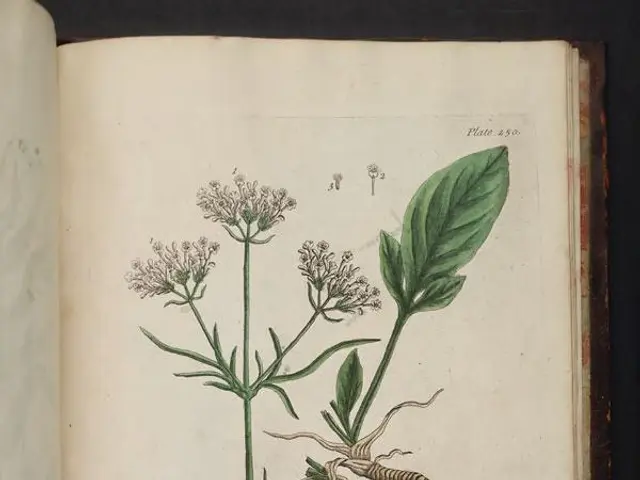Signs, causes, and aging effects of alcohol intolerance
Alcohol intolerance is a common condition that affects many individuals, particularly older adults and certain demographic groups. This condition arises when the body lacks the necessary enzymes to break down alcohol, leading to a buildup of toxic byproducts that can cause a range of unpleasant symptoms.
Causes of Alcohol Intolerance
The most common cause of alcohol intolerance is a genetic deficiency in the enzyme aldehyde dehydrogenase 2 (ALDH2), which impairs the breakdown of acetaldehyde, a toxic byproduct of alcohol metabolism. This enzyme deficiency is particularly prevalent in people of Asian descent.
However, alcohol intolerance can also stem from sensitivities to compounds found in alcoholic beverages such as sulfites and histamine, or underlying health conditions like chronic infections or immune system strain that increase sensitivity to alcohol.
Common Symptoms of Alcohol Intolerance
The symptoms of alcohol intolerance are varied and can range from mild discomfort to severe and potentially life-threatening reactions. Common symptoms include facial flushing (red or hot face and neck), headache, nausea and vomiting, stomach cramps or abdominal pain, increased heart rate, dizziness or low blood pressure, nasal congestion or runny/stuffy nose, anxiety, diarrhea, difficulty breathing or wheezing, hives or itchy skin, and in severe cases, anaphylaxis.
Differentiating Alcohol Intolerance and Allergy
It's important to note that while alcohol intolerance and allergy share some symptoms, they are distinct conditions. Alcohol intolerance mainly results from metabolic issues causing the acetaldehyde buildup, while allergies involve an immune response. Allergic reactions to alcohol can cause more pronounced symptoms such as facial swelling, hives, wheezing, and anaphylactic shock.
Coping Strategies
Individuals who experience alcohol intolerance may find relief by reducing their alcohol intake, stopping drinking altogether, or exploring alternative alcoholic beverages or nonalcoholic options. Some people may find that eating certain foods, taking supplements, or exercising may help with their reaction. They may also discuss possible medications for their reactions, such as antihistamines.
If you suspect you have alcohol intolerance, it's essential to consult a doctor to ensure you are drinking safely. Your doctor can help you understand your condition and provide guidance on managing your alcohol consumption.
In conclusion, alcohol intolerance is a common condition that can cause a range of unpleasant symptoms. Understanding the causes and symptoms of alcohol intolerance can help individuals make informed decisions about their alcohol consumption and seek appropriate medical advice when needed.
Read also:
- Impact of Alcohol Consumption During Pregnancy: Consequences and Further Details
- The cause behind increased urination after alcohol consumption is explained here.
- West Nile Virus found in Kentucky for the first time; residents advised to take protective measures
- Symptoms, Timeframe, and Recovery from Cocaine Detoxification







